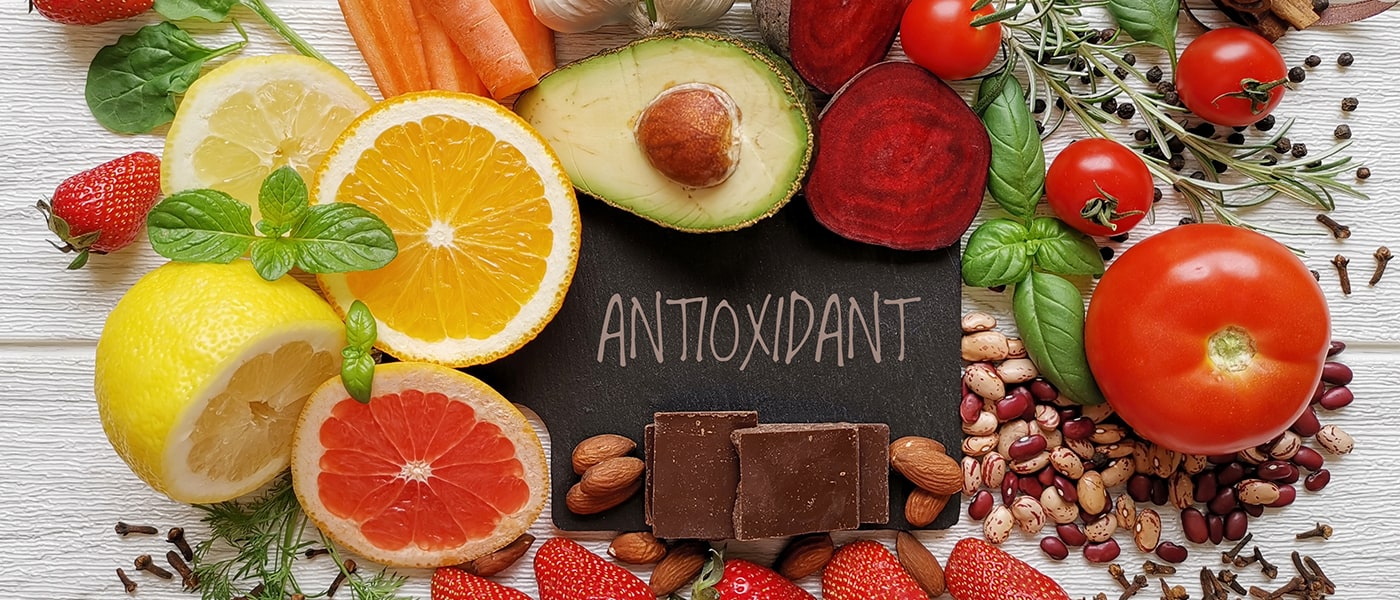Antioxidants sound great — but what are they, and how can you use them? Antioxidants can help slow the aging process, reduce heart disease, and reduce the risk of developing various types of cancer. On top of that, antioxidants have many other benefits and use that can improve your daily life. If you aren’t familiar with these amazing compounds, then it’s about time you learned what antioxidants are and how you can use them.
So, what are antioxidants?
Antioxidants are molecules that can neutralize the harmful effects of free radicals, chemical substances responsible for cellular damage and causing disease. Antioxidants can neutralize free radicals or strong, charged molecules that affect our health and metabolism. They can neutralize the effects of free radicals on your DNA and proteins. This allows cells to repair themselves more quickly and effectively, increasing disease resistance.
Where can you find antioxidants?
You can get antioxidants by taking supplements, eating leafy vegetables, or just eating food that contains high levels of polyphenols (mostly found in fruits). These compounds are important in preventing age-related diseases, including heart disease, cancer, memory loss, wrinkles, and many others.
The good news is that there are quite a few antioxidant foods available in the market. Antioxidants are usually found in higher concentrations in dark green and leafy vegetables such as spinach, kale, collard greens, bok choy, bok choy leaves, etc. For instance, just one serving of spinach contains 200 mg of antioxidants. Tomato juice, apricots, apples, and broccoli are also loaded with antioxidants that can protect your heart from risks associated with high blood pressure, stroke, and cancer.
The best sources of antioxidants are fresh fruits and vegetables. Look for antioxidants in spices, ginger, walnuts, oranges, and dark-green leafy vegetables. You can also find antioxidant-rich seed foods such as pumpkin seeds, flaxseeds, or seaweeds in cupboards worldwide. You should eliminate processed foods from your diet as they often contain additives and preservatives that reduce antioxidants.
How can they benefit you?
Antioxidants’ powerful properties are not only useful against free radicals and other harmful agents but can also be used to improve the quality of your life. Damage to your cells can lead to numerous problems, including cognitive decline, cancer, heart disease, and diabetes.
Each year, tens of millions of people in the United States suffer from cardiovascular conditions related to high blood pressure, high cholesterol, or obesity. It is now believed that these conditions can be reduced or even reversed by improving your antioxidant levels through diet and lifestyle changes, activity, and medication.
Some of the benefits of antioxidants:
They may help prevent cancer
May lower your chances of Age-related Macular Degeneration
It can lower the chance of cataracts
Lower risks of heart disease and stroke
Lower your odds of some diseases
As you can see, there are many benefits to antioxidants! Treat your body right by making sure you get your daily dose!
In conclusion, antioxidants are essential for optimum health and well-being. Not only do they provide protection from disease, but they can also help protect against the signs of aging, improve overall energy levels, and reduce inflammation. Knowing which foods are high in antioxidants and incorporating them into your diet is key to reaping their many benefits. Supplementation can be beneficial, too, as it ensures that you get enough of these important compounds daily.


Latest from our blog
How to Practice Mindfulness Daily
Are you often overwhelmed by the chaos of daily life, wishing you could find a
Feb
How To Use Feng Shui With Negative Ion Jewelry
Imagine walking into your home and instantly feeling a sense of calm wash over you.
Jan
Are Negative Ions More Powerful in Winter?
Negative ions, often known for their refreshing effects on mood and energy, have garnered interest
Dec
Best Times & Places For Natural Negative Ions
In this article, we’ll explore the best times & places for natural negative ions—from sunlit
Nov